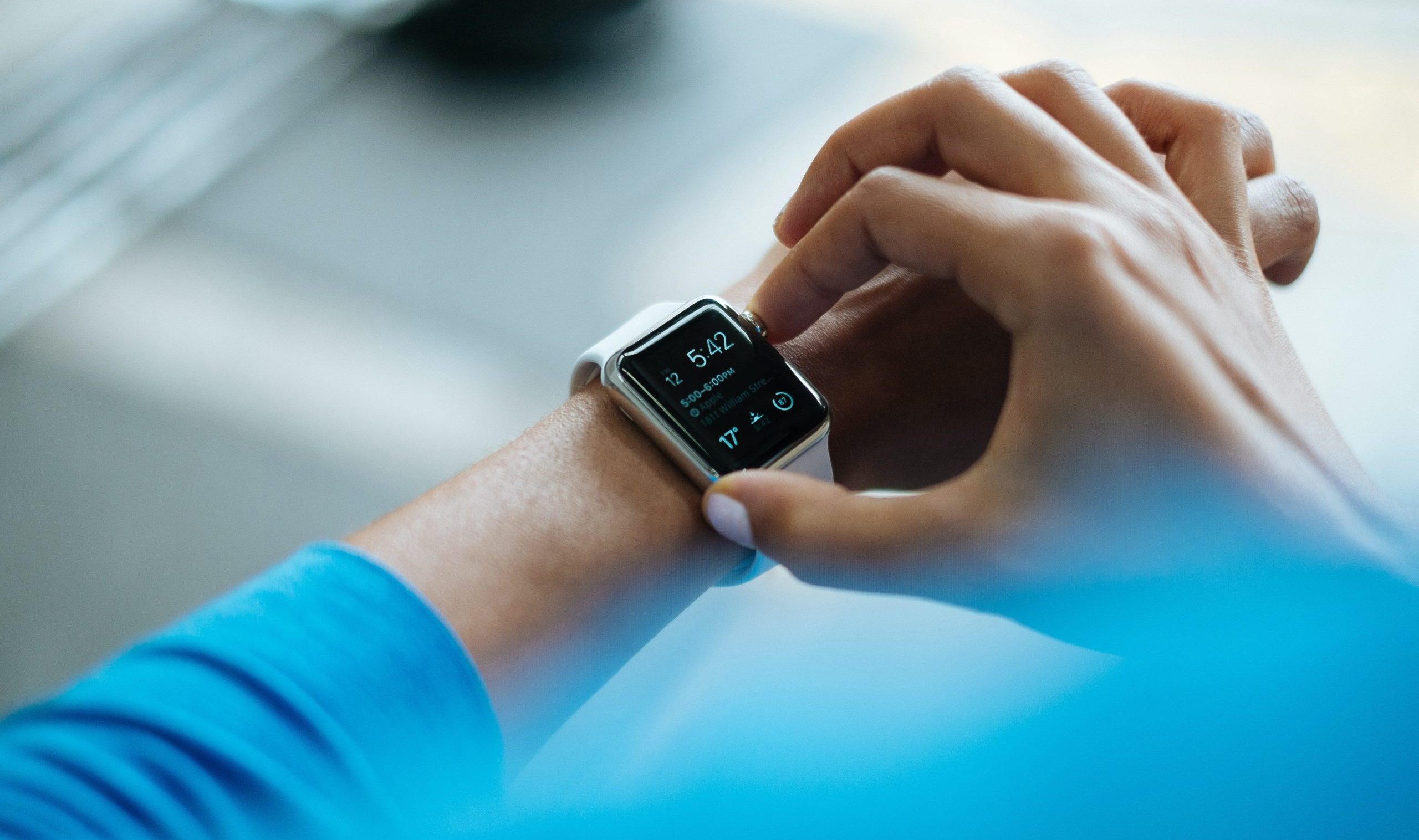Researchers believe the heart appears to help the brain use its limited resources more effectively, influencing how it perceives time on the smallest scales and functioning at time intervals too brief for conscious thoughts or feelings.
Time flies when you’re having fun, but have you ever wondered how your brain keeps track of it all without you even realising?
From the mundane to the extraordinary, our brains are constantly working behind the scenes to measure the passage of time, allowing us to focus on what really matters.
Though not consistently, this occurs automatically. The way the brain perceives time can change, with some moments appearing to elongate or contract in relation to each objective second.
Technically, these rifts in time are not all in your head, even though they may be misinterpretations of reality. A recent study found that some start in your heart.
According to senior author and psychology professor at Cornell University Adam K. Anderson, heartbeats set the pace for time perception, highlighting the crucial role that our hearts play in aiding us to keep track of time.
“Time is a dimension of the universe and a core basis for our experience of self,” Anderson says. “Our research shows that the moment-to-moment experience of time is synchronised, and changes with, the length of a heartbeat.”
According to researchers, these variations in how we perceive time, or “temporal wrinkles,” are normal and may even be adaptive. Their origins have also been studied previously, and it has been hypothesised that our perception of time can be affected by thoughts and emotions, causing some moments to appear longer or shorter.
For instance, Anderson and his colleagues discovered in a study conducted last year that when simulation model trains were more crowded, passengers’ virtual-reality train rides appeared to last longer.
The researchers also found that many earlier studies have concentrated on how people perceive relatively long time intervals, so they typically reveal more about how people estimate time rather than how they actually experience it at the time.
The new study focused on natural variations in the heart rate to find connections between time perception and bodily rhythms, in an effort to shed more light on the latter. Although a heart’s overall cadence appears steady, each individual beat can differ slightly from the one before.
The heart has long been thought to assist the brain in keeping time, and research has shown that heartbeats can affect how we perceive outside stimuli.
45 Cornell University undergraduate students between the ages of 18 and 21 who had normal auditory acuity and no history of heart disease were recruited by the researchers to take part in the study.
They connected an electrocardiogram (ECG) to a computer so that it could play brief tones in response to the subject’s heartbeats, allowing them to track heart activity at a resolution of milliseconds.
After hearing a tone, the subjects were asked to report whether they thought it lasted longer or shorter than other tones. Each tone lasted only 80 to 180 milliseconds.
The researchers claim that the results demonstrate temporal wrinkles at work. Subjects perceived tones to be longer when the tones were preceded by a shorter heartbeat, and reported tones as shorter when the tones followed a longer heartbeat.
“The heartbeat is a rhythm that our brain is using to give us our sense of time passing,” Anderson says. “And that is not linear – it is constantly contracting and expanding.”







